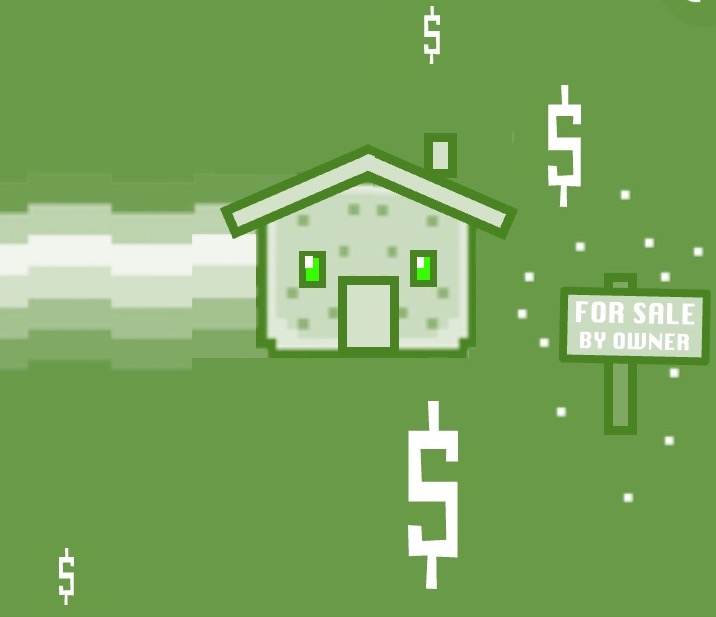Can the final moment of closing a home using an NFT and crypto-currency be described as instantaneous, the click of a button, or another wallet transaction?
On the one hand, using NFTs for buying and selling real estate can simplify the process and accelerate the closing of the transaction. The NFT’s smart code and digital document storage offer the same benefits as any software platform that consolidates data and integrates disparate workflows. On the other, the magical properties of NFTs do not make the time and work getting ready for this speedy closing disappear. And making the transaction happen legally requires a creative workaround.
However, once the real estate NFT is minted, the economics might get interesting.
You Can’t Avoid The City (or Due Diligence)
The NFT’s smart code can be used to centralize, organize, and store all the important documents, which can simplify the otherwise messy process. However, hoops still need to be gone through. Due diligence
hoops that involve humans and can still take days if not weeks. Appraisals, title reports, and title searches to name a few. At the local level, many states uniformly require documents to be notarized and witnessed. Most require an attorney preparing a recorded document be named on that document. Several states require that the real estate tax parcel number be on the deed.
A legal workaround was developed by Propy to allow the closing of the transaction to happen at crypto speed. It goes like this: George owns a 10-bedroom home in Key West. He actively invests in crypto currency and wants to use it when selling his home. To do this he transfers his ownership of the property to an LLC (after completing the above-mentioned requirements). The LLC in turn owns the NFT. The NFT is entered into an auction. Buyers are invited to check out the property and legal documentation prior to the auction. When the auction winner is determined, and the winner’s identity verified, the ownership of the LLC is transferred. George receives the crypto payment in his digital wallet. Simple.
Day Trading Homes is Ludicrous But Liquidity is King
Buyers can’t flip real estate NFTs like digital pop art or Pulp Fiction script images. Propy’s workaround still entails real-world homework but digitizing the process can shave off days. Greater speed of sale
means greater liquidity. Real estate NFTs may have a broader market reach, which would also increase liquidity. Liquidity has value.
In the context of buying and selling of homes, this liquidity may yield short-term opportunities to make or save money. For example, a city or area experiences or anticipates a spike in home valuations due to
gentrification or new jobs. Maybe an architectural style becomes hot. Or an owner is transferred to a new city for work and needs to sell quickly. Or a celebrity moves into the neighborhood.
Blockchain, cryptocurrency and NFTs are stretching the fintech world’s business and legal boundaries. The real estate NFT will likely not become a high-flying, high-return asset class. But oddly enough, as
long as this new crypto world stays viable, the real estate NFT may instead become a rational, reasonable hedge.





